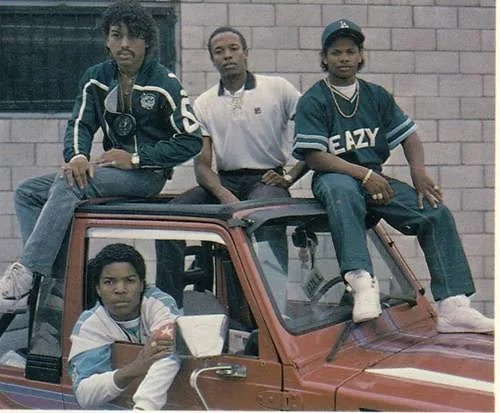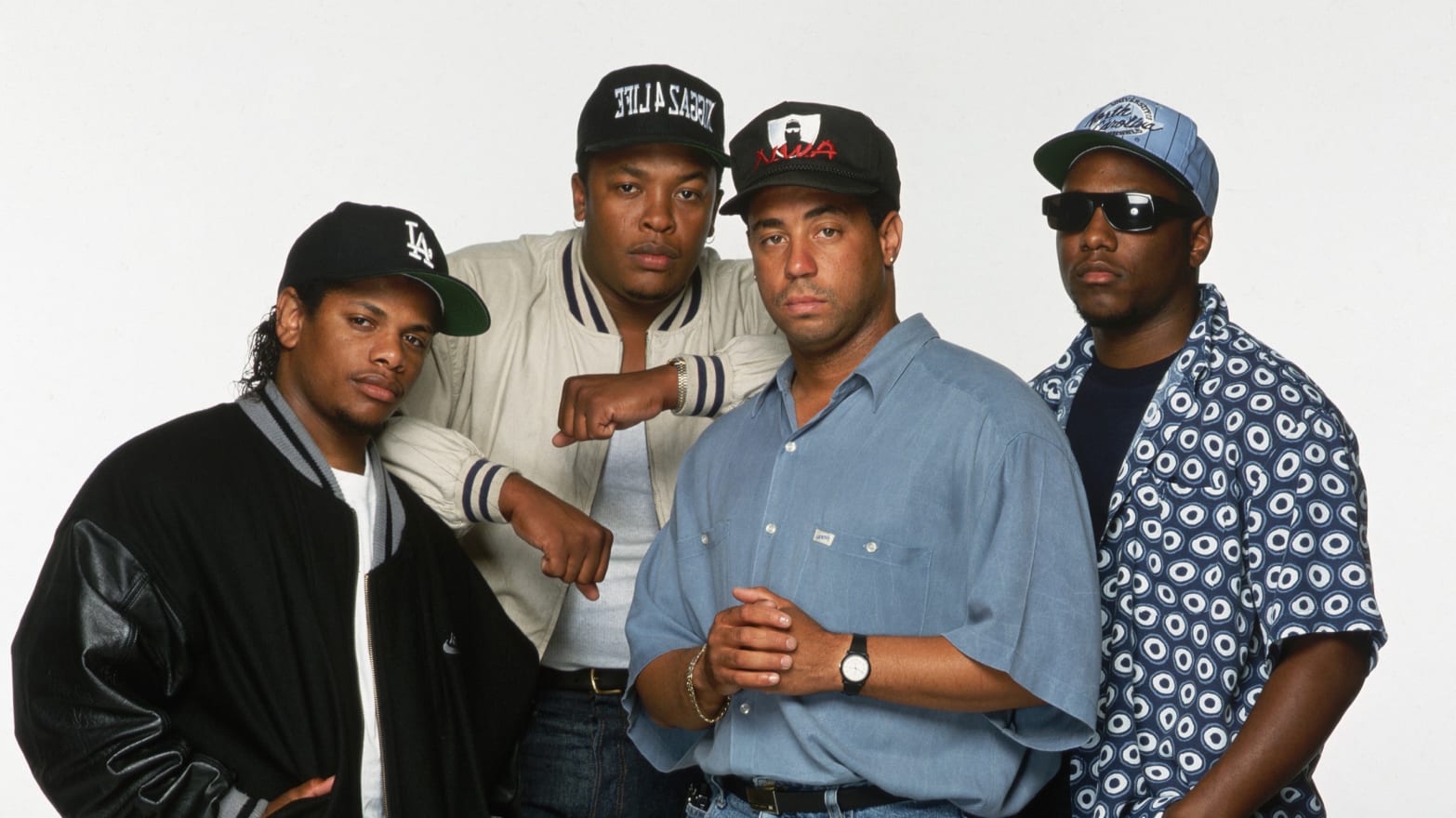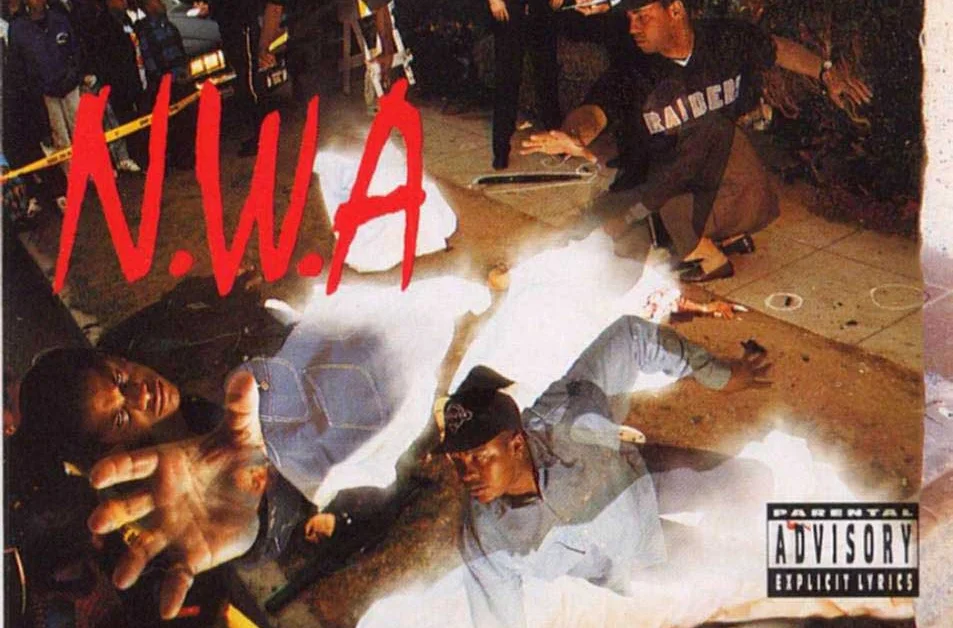Blogs
N.W.A’s Efforts to Empower Marginalized Communities: A Story of Activism and Social Justice
In the mid-1980s, a group of young black men from Compton, California, burst onto the music scene with a new sound and a powerful message. N.W.A, which stood for “Niggaz Wit Attitudes,” quickly became one of the most controversial and influential groups in hip hop history. Their music was raw, explicit, and unapologetically political, addressing issues like police brutality, poverty, and systemic racism that were all too familiar to the members of the group and their fans.
But N.W.A’s impact went far beyond the music industry. Their activism and advocacy for marginalized communities set them apart from other artists of their time, and their legacy continues to inspire activists and artists today. In this article, we’ll explore N.W.A’s efforts to empower marginalized communities and their ongoing relevance in the current political and social climate.
Using Music as a Platform for Social and Political Activism

N.W.A’s music was more than just entertainment; it was a form of activism. From their debut album, “Straight Outta Compton,” to their later releases like “Niggaz4Life,” N.W.A used their lyrics to call attention to the injustices and inequalities faced by black communities in America. The group’s efforts to empower marginalized communities was apparent in their music.
In “Fuck tha Police,” for example, N.W.A directly confronted the issue of police brutality, which was a major concern in the black community at the time. The song’s lyrics describe the harassment and abuse that black people faced at the hands of the police, and the anger and frustration that resulted. The song was so controversial that the FBI sent a letter to the group, accusing them of inciting violence against law enforcement.
N.W.A’s music also addressed issues like poverty and economic inequality, which were major factors in the lives of many of their fans. In “Express Yourself,” for example, the group encouraged listeners to pursue their dreams and strive for success, regardless of their circumstances. The song’s lyrics celebrate individuality and creativity, and reject the idea that success is only possible for those born into privilege. This message of empowerment for marginalized communities was woven throughout N.W.A’s music.
Challenging Dominant Narratives About Race and Power
:format(webp):no_upscale()/cloudfront-us-east-1.images.arcpublishing.com/copesa/XQP4Q4JKINF5HPS2WYUWNCCI54.jpg)
One of the most significant aspects of N.W.A’s activism was their willingness to challenge dominant narratives about race and power. In the 1980s, the mainstream media often portrayed black people as criminals, drug addicts, and welfare recipients. N.W.A’s efforts to empower marginalized communities included rejecting these stereotypes and amplifying the voices and experiences of black people.
In “Gangsta Gangsta,” for example, N.W.A portrays themselves as proud members of a community that has been neglected and mistreated by the government and the police. The song’s lyrics describe the struggles and triumphs of life in Compton, and reject the idea that black people are inherently violent or criminal.
N.W.A’s message challenged not only the media but also the music industry itself. At a time when rap music was still considered a niche genre, N.W.A’s success showed that there was a huge audience for music that addressed social and political issues. The group’s success paved the way for other politically conscious hip hop artists like Public Enemy, KRS-One, and Tupac Shakur.
Inspiring Future Generations of Activists and Artists

N.W.A’s legacy continues to inspire activists and artists today. Kendrick Lamar, one of the most critically acclaimed and commercially successful hip hop artists of the last decade, has cited N.W.A as a major influence on his music and his activism. In an interview with Rolling Stone, Lamar said, “N.W.A was more than just music. It was a movement. They spoke truth to power, and that’s something that still resonates with me and with a lot of people today.”
N.W.A’s efforts to empower marginalized communities also inspired a new generation of artists who are using their platforms to advocate for social justice. From J. Cole and Chance the Rapper to Cardi B and Beyonce, many of today’s most popular hip hop artists are following in N.W.A’s footsteps, using their music to address issues like police brutality, racism, and inequality.
But N.W.A’s legacy extends far beyond the music industry. The group’s activism and advocacy inspired countless young people to become involved in their communities and to fight for social justice. Whether through music, art, or direct action, N.W.A’s efforts to empower marginalized communities continue to inspire and influence people today.
Conclusion

N.W.A’s legacy as activists and advocates for marginalized communities is just as important as their legacy as hip hop pioneers. By using their music to speak truth to power and challenge dominant narratives about race and power, N.W.A paved the way for a new generation of artists and activists who are carrying on their legacy today.
As fans of N.W.A, it’s important that we continue to honor their contributions to our culture and our society. Whether by supporting artists who are continuing their legacy, volunteering in our communities, or simply engaging in conversations about social justice, we can all do our part to continue N.W.A’s efforts to empower marginalized communities.
So let’s take inspiration from N.W.A’s activism and advocacy, and let’s continue to work towards a more just and equitable world for all. And don’t forget to subscribe to our newsletter for more articles on activism and social justice.
>>>Related Blogs: N.W.A’s Fight Against Systemic Racism: How the Group’s Music Sparked a Cultural Revolution

